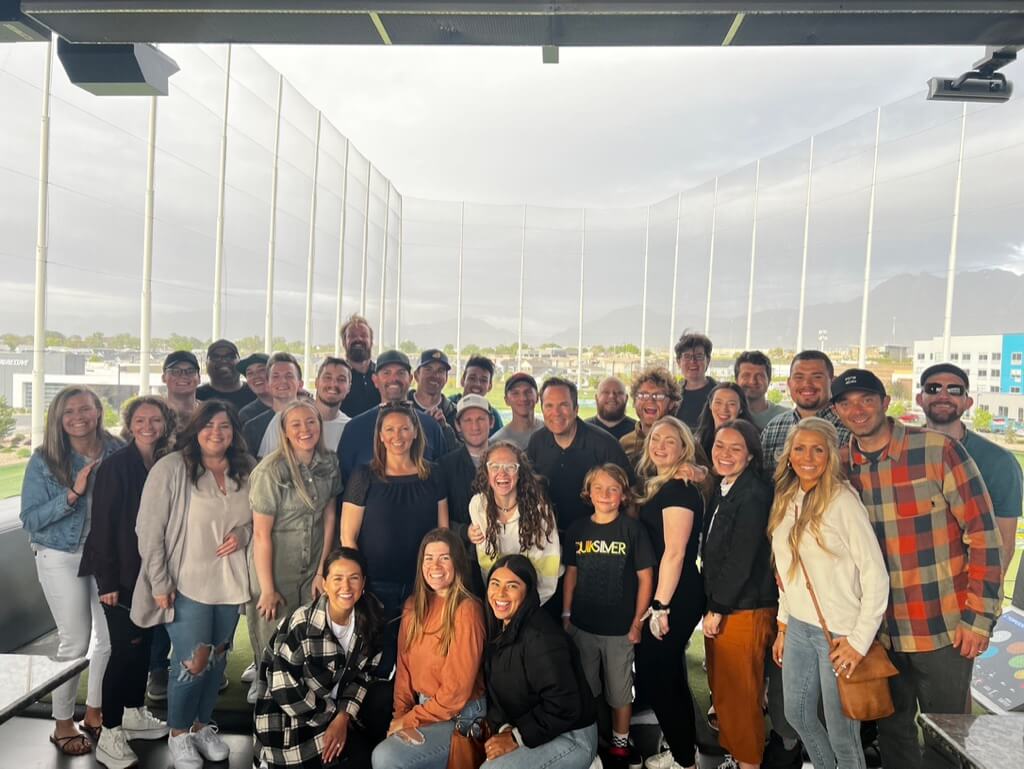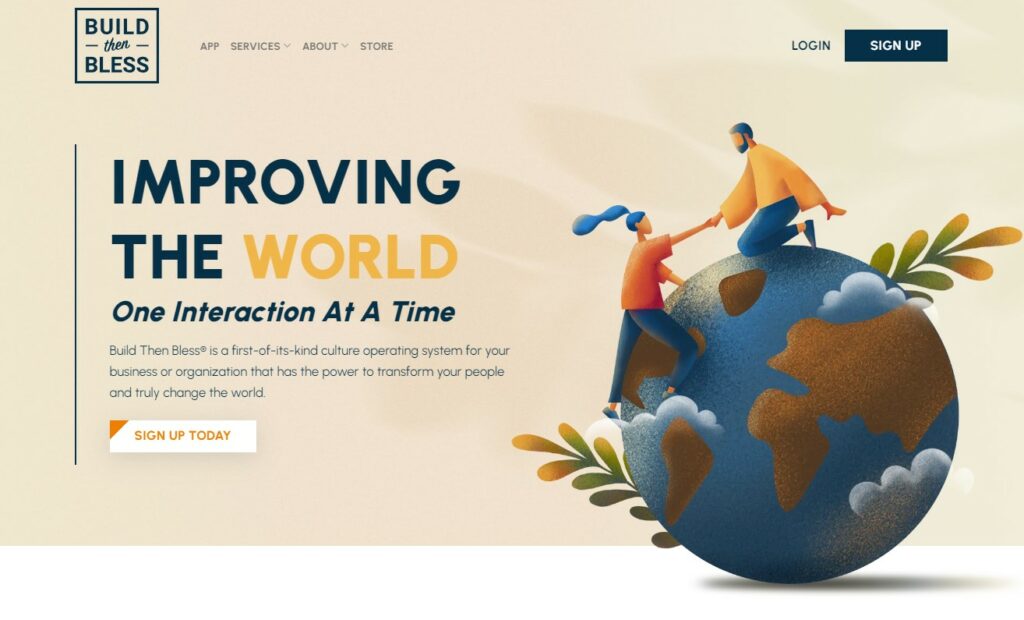Is a Company a Family?
I’ve been seeing a lot of negativity lately around the idea that a company (more specifically the company’s team) should be like a family.
This ideology has become popular in recent years with lots of companies using phrases like “we treat our employees like family” or “We’re basically a family here!” etc., etc. The hope is that this creates an instantaneous bond of trust between the company and a new team member or a prospective team member. “Come work with us, and you join a family. Work with ‘them’ and you’re just another employee.”
It really does make one feel differently about a company!
So why is this negative? Well, like I said, lately I’ve been seeing a lot of people tear this idea down. They have some solid reasons to back it up as well. I’ve included a few of those opinions here, if you’d like to take a look.
We need to stop referring to work as ‘family.’ Here’s why
Why a company is not a family — and how companies can bond with their employees instead
The Toxic Effects of Branding Your Workplace a “Family”
According to these articles, some of the reasons to not call your team a family might include: blurring of professional and personal boundaries, too much loyalty, toxic power dynamics, sense of betrayal when the company wrongs you (or vice versa), “families don’t fire people” so a company can’t ever really be a family, love can’t actually exist in a workplace, etc.
While these may be some really persuasive thoughts and ideas, and I might even agree with a lot of these points, I want to focus on a different approach. Who really cares what you call your team or your company? Why is that the center of this debate? Call it a family, don’t call it a family—whatever.
What we should really focus on is how we actually act towards our team. Are there certain ways that we might act like a family that could improve the company’s culture?
Absolutely!
Would calling it a family then create a toxic environment that detracts from this awesome culture? Maybe—so don’t call it a family, then. Get rid of the label and just start implementing some of these “family” traits in your team.
Below is a list of a few reasons of how your team should really act like a family—regardless of whether or not you actually use the term to describe yourselves.
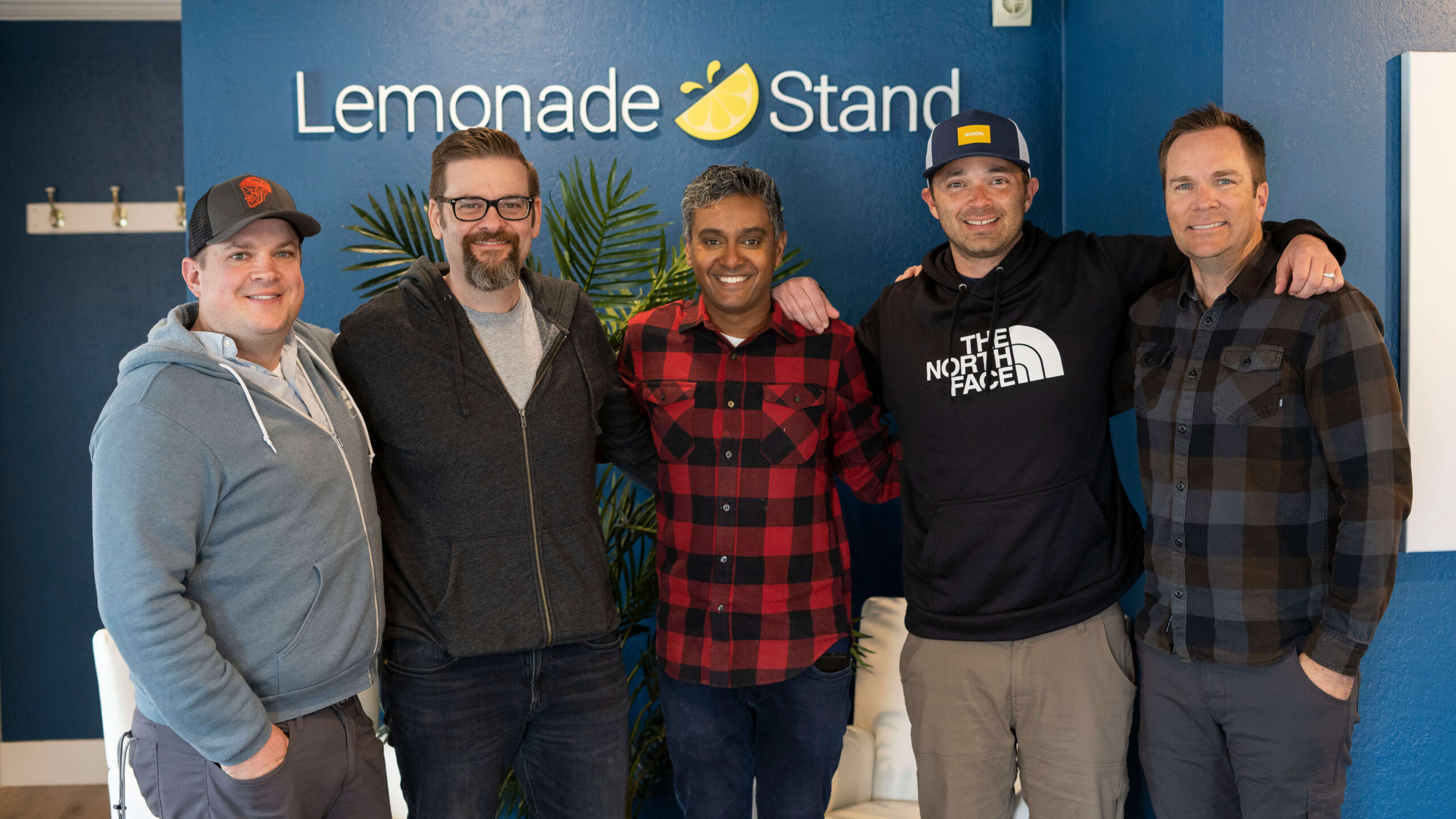
Love and Care
One of the biggest ways that your team should most definitely act like a family is in the way you all care for one another.
You should promote a workplace culture of love and respect and true friendship. There is not much out there in the workplace that feels better than a team member genuinely caring about you and what’s going on in your life (both in and out of work).
I’m not talking about small talk around the water cooler. Not just the friendly but sometimes fake “how was the weekend..? Wow! You went out to lunch on Saturday? Incredible. Well, talk to ya later!”
I’m referring to actually caring—knowing when your team member’s baby is due, or remembering that their grandmother was sick and asking them about her and how she’s doing, or asking to see pictures of their family or the trip that they just got back from, or proactively supporting them if they’ve done something super cool (a few examples from our own team—one team member released a new album on Spotify that everyone listens to around the office. Another wrote a children’s book and tons of people have purchased it and discussed it with him. SO COOL!).
Anyway, the list could go on and on. The big idea here is that your team members should love and care for one another.
Desire to See Each Other Grow, Develop and Learn
Most families really want to see the other family members learning and growing as they progress through life. My parents, siblings, and wife have always been some of my greatest supporters in this aspect and have pushed me to be constantly learning new things and to go out of my comfort zone to become a better person.
We should all be doing this for our fellow team members!
One way that we accomplish this is by purchasing educational books and resources for all of our team members and by providing incentives for actually reading and learning from those resources.
I can’t think of any possible reason why acting this way as a team would be detrimental or contribute to any sort of toxic culture. It would be amazing if everyone had this kind of support at work!
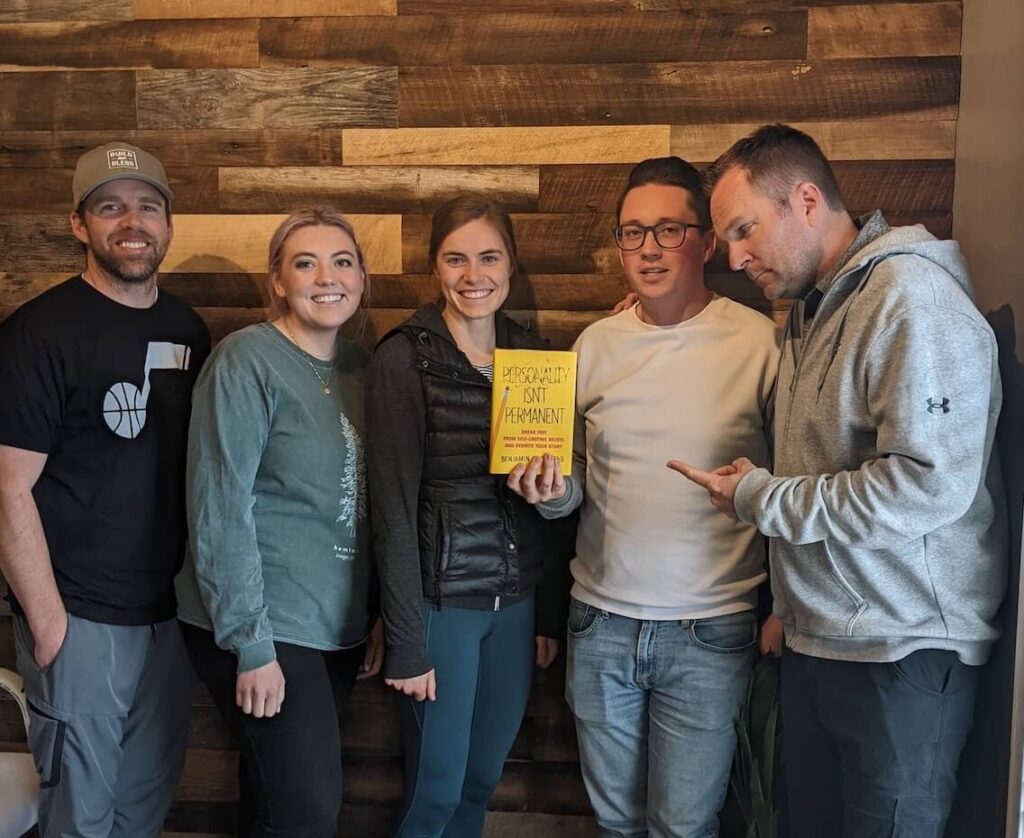
Overcoming Challenges Together
Generally, when you’re a part of a family, you don’t have to tackle the big obstacles and challenges of life alone. You have people to back you up and to provide help and support wherever they can.
The same should be true for your team at work!
When you’re tasked with a massive project or your company is trying to work through or overcome a really big challenge, I sincerely hope that you’re not asked to do so alone.
Everyone should feel that they have support from other team members and that they can all band together to solve a problem or work through a challenge.
You should operate like a family would and look for opportunities where you can help out other team members in the challenges that they’re facing.
Fostering a Safe Environment
One really great aspect of being like a family is that it will naturally create an environment where people feel safe.
If you only see your coworkers as people who happen to work for the same company that you do, with whom you have nothing in common and no desire to ever get to know, it can be kind of challenging to feel like you work in a safe and loving environment.
If you see them as “family members,” or at least people who genuinely care about and love you, you’d feel a lot better discussing a challenge or issue that you might be facing in your personal life that could affect your job performance.
You also might feel more comfortable bringing up certain issues that might need to change within the organization.
A feeling of safety and “no judgement” will lead to greater efficiencies and possibly some of the best ideas that your organization ever has in place!
Have Each Other’s Backs
Families generally aren’t based on the principles of betrayal and backstabbing to get ahead (at least the good ones aren’t).
Why can’t work be like this?
Team members should be just as interested in the success of their team as they are in the success of themselves.
You want a promotion at work? Well guess what, so does Fred down the hall. Wouldn’t it be cool if you became interested in Fred’s promotion and really helped him to be able to get to the next level in his career while simultaneously growing and developing your own skill set to help yourself?
It’s hard to think that helping other people might be the best way to help yourself, but it’s usually the truth. Plus, if the entire team is working in this way, then that means that you can rest easy knowing that the rest of your team is just as hopeful about and working towards you getting a promotion as you are yourself.
This is so powerful!!
I remember working for companies where really the only person that mattered was me. In a place like that, it is a pleasure to see that someone else messes up and ruins their shot at the next step in their career, because that means that there is more on the table for you.
What a sad way to live.
You and your team will be a lot happier and, honestly, way more successful if you’re all interested in everyone growing together.
This will help with the idea of fostering a safe environment as well. When you don’t have to be constantly looking over your shoulder or wondering what dirt your coworkers are spilling about you to your boss, everyone feels safe and there is a general sense of trust that exists among team members.
It is life changing!
The Antitheses of “Not My Job”
Ok. This one is the real kicker. This idea is the backbone of why I wanted to write this article in the first place.
At Lemonade Stand, we have a little saying. Whenever someone asks “How can I be better?” Or “What can I do differently to better fill my role?” Or perhaps a potential new hire asks “What kind of person are you looking for in this position?” The answer is almost always something along the lines of “Be someone who is the antithesis of ‘not my job.’”
From research on the family performed by a sociology professor at Brigham Young University, we learn that the most successful families are always those that are willing to help out wherever it is needed. A family member sees that the dishes need to be done, so they do them. They see that the garbage is full, so they take it out. They take care of each other and succeed because they are always looking for ways to proactively serve one another and take something on regardless of what that might be.
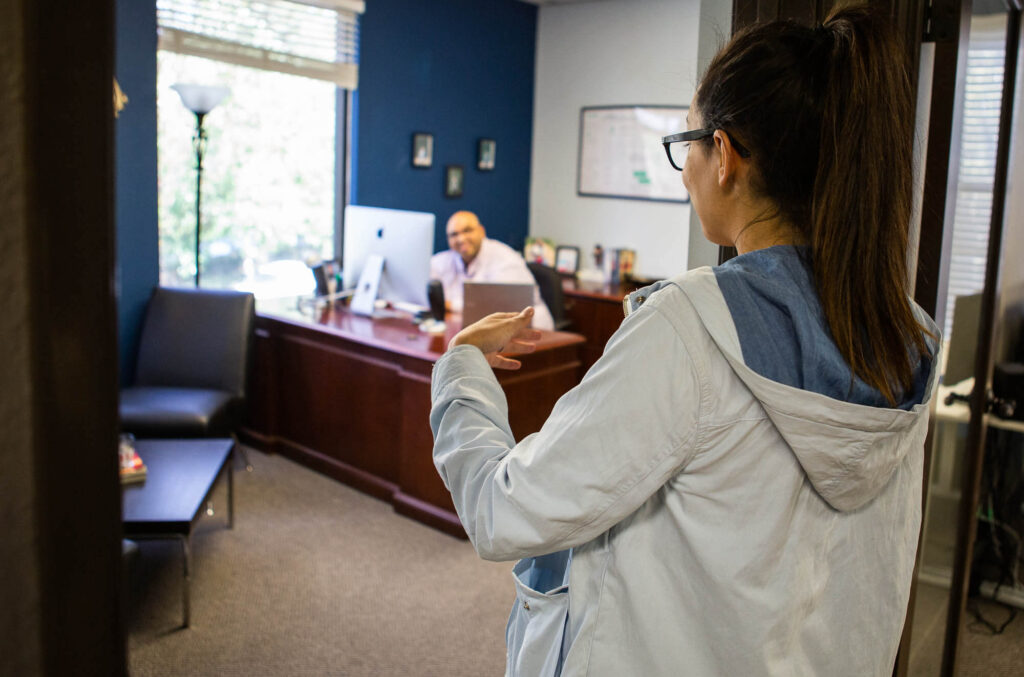
Now, this might look a little different for every team. Sometimes things can only be done by certain people in certain roles. A customer service representative probably won’t be noticing a glitch on the company website and diving into the backend to make sure that it gets fixed. That’s not always possible.
It is possible, however, to create a culture where that customer service rep would think “Wow! I need to talk to our web dev team and make sure that gets taken care of,” rather than “man, glitch on the website? Well that sucks. Back to my job!”
That’s what will make all the difference. It’s definitely possible for that same person to walk by a trash can overflowing with garbage and decide to take that out so other people can use that can even though the cleaning crew will be there in just a few hours. The point is that it doesn’t matter if it’s someone else’s job to take care of that. If you notice a problem, get it done or at least make sure that the right people are aware so that it gets done.
If everyone on your team thinks this way (again, a thought process that is more akin to that of a loving family than corporate employment), you’ll be well on your way to really making a difference in the world.
So, while there might be many reasons (good, genuine reasons too) why you should refrain from calling your company a family, there are, without a doubt, many things that we can learn from a family dynamic that should be implemented in our companies if we are looking to get real joy, fulfillment and success from our work.
